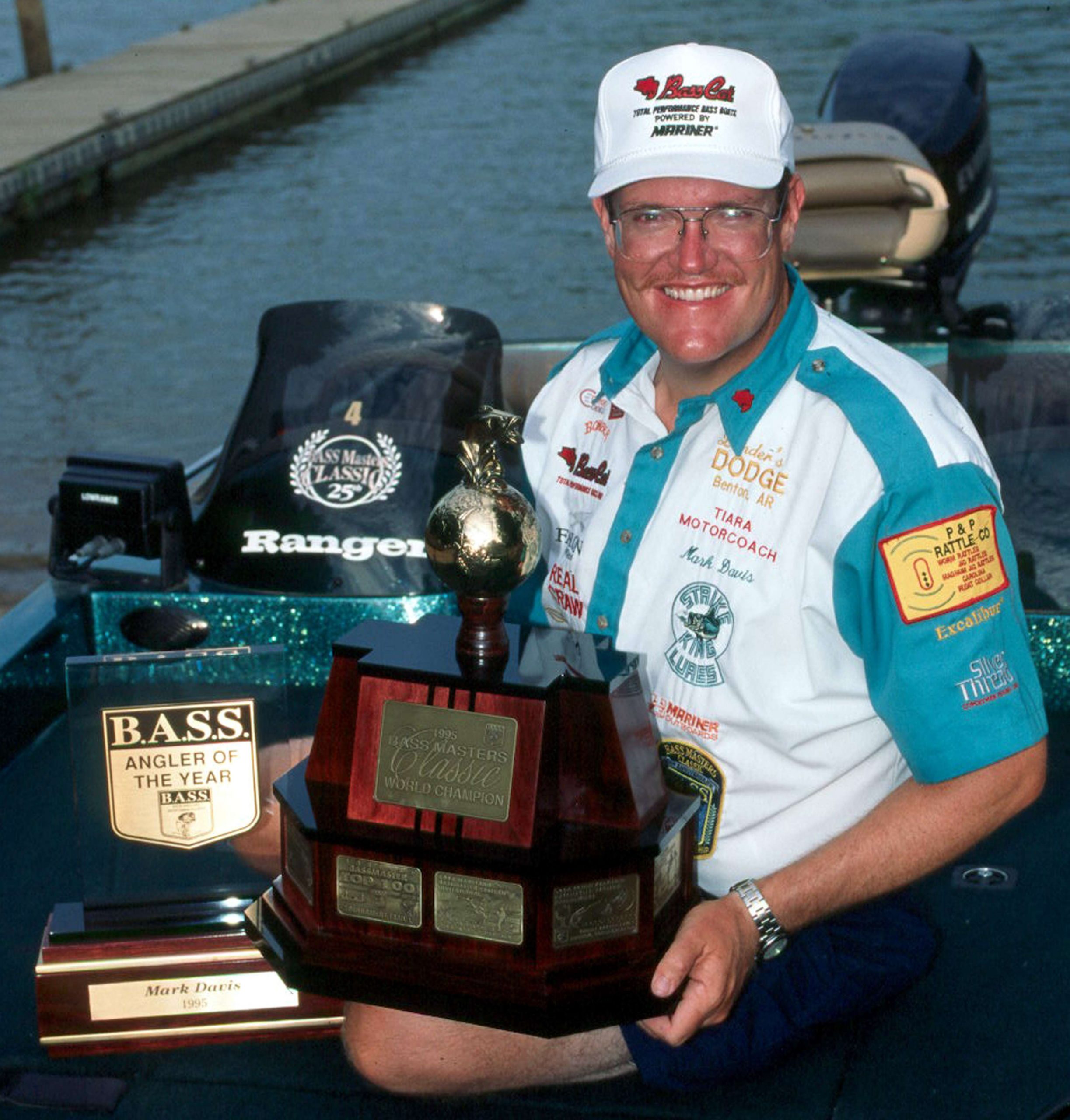
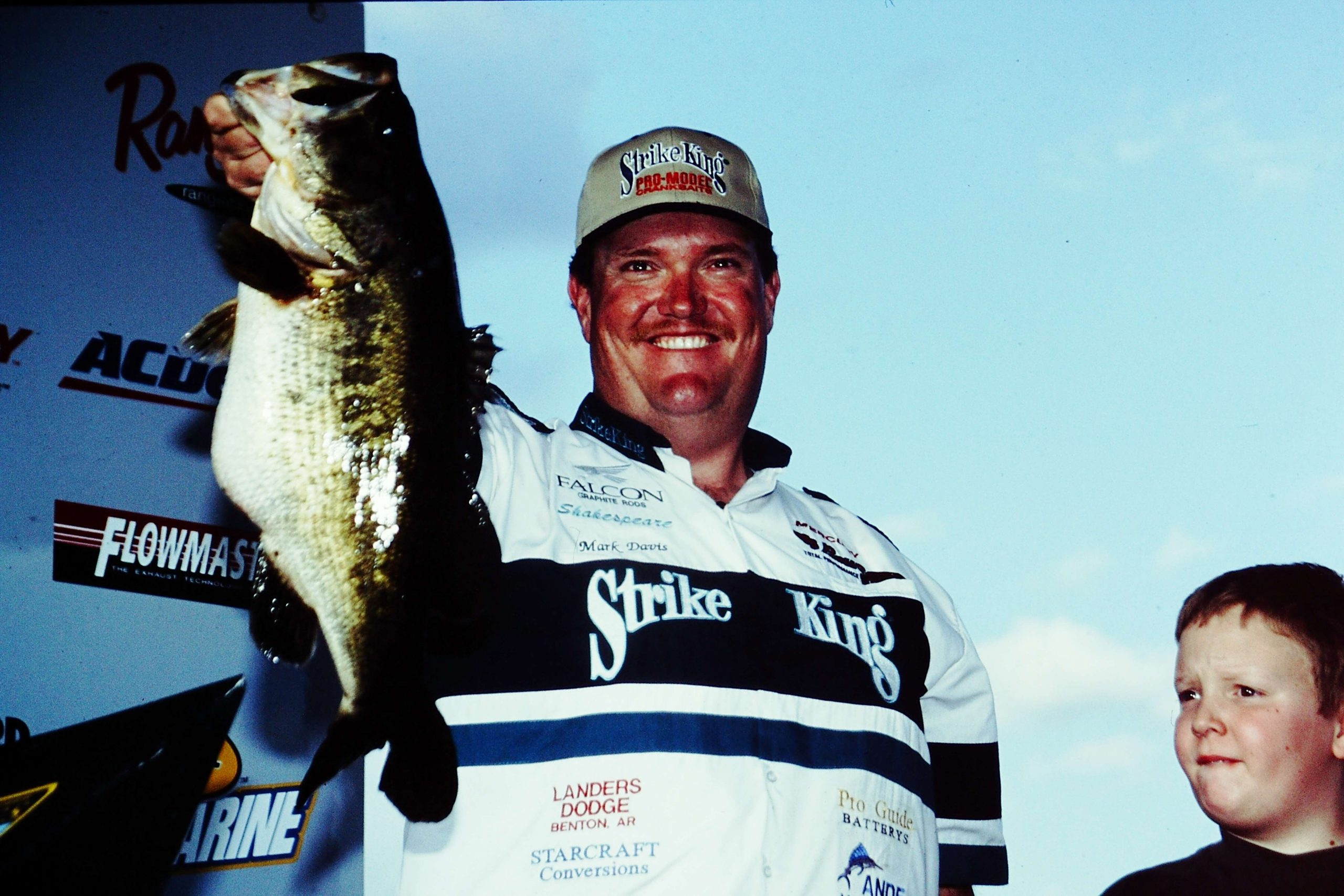
My dad got me started. Some of my fondest memories as a kid are of my dad picking me up, with the boat in tow and the Cokes iced down, two or three days a week when I was in the third and fourth grade.
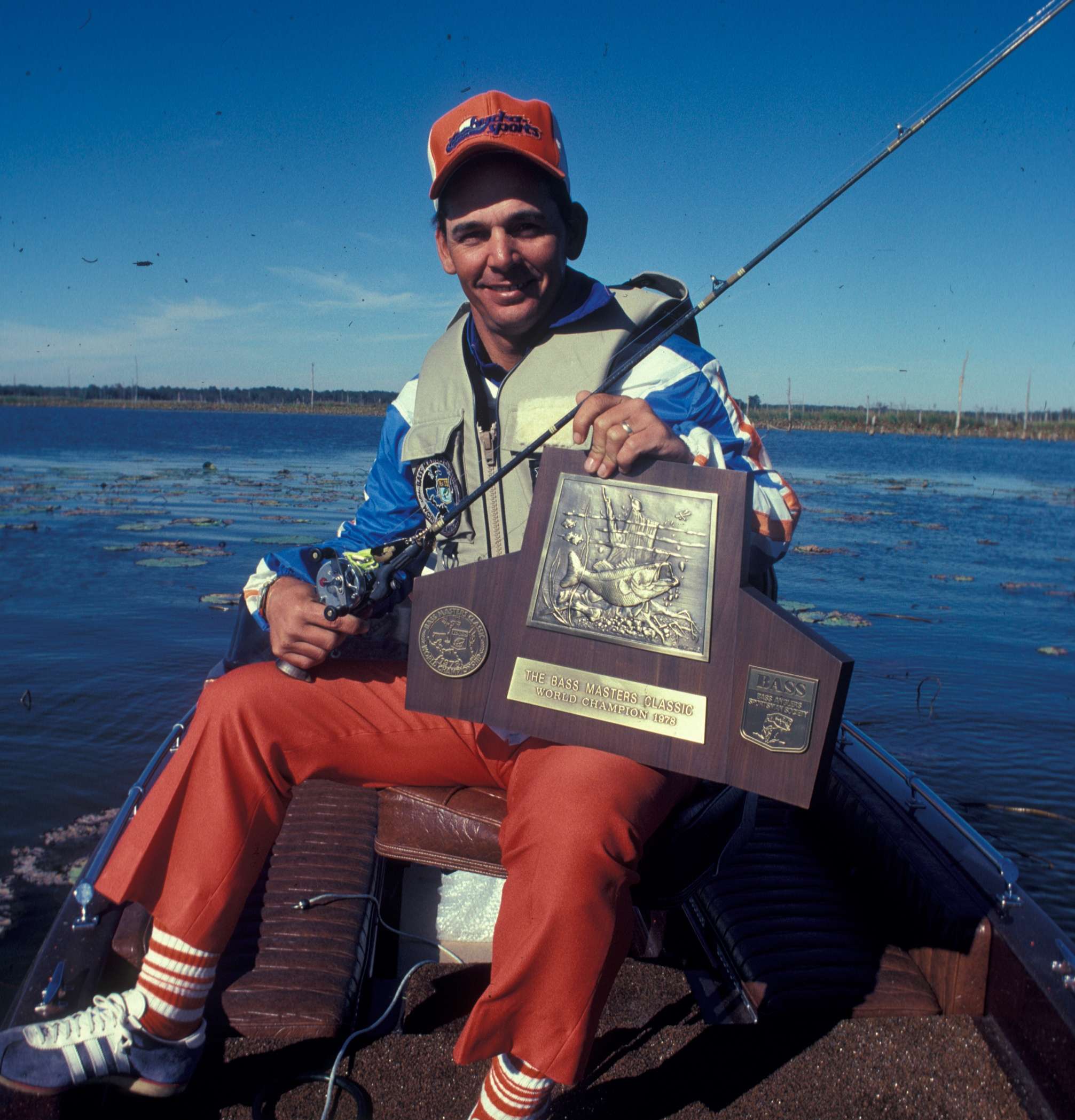
Bobby Murray (pictured above). I grew up in Hot Springs, Ark. (Where Bobby Murray is from, as well.) I remember when he won that first Bassmaster Classic (in 1971) and when he won it again (in 1978). Bobby took me fishing when I was just learning how to bass fish. Being on the lake with Bobby was like a crash course, with the knowledge he had. He was a very versatile fisherman, and he was willing to share that with a kid. It was invaluable.
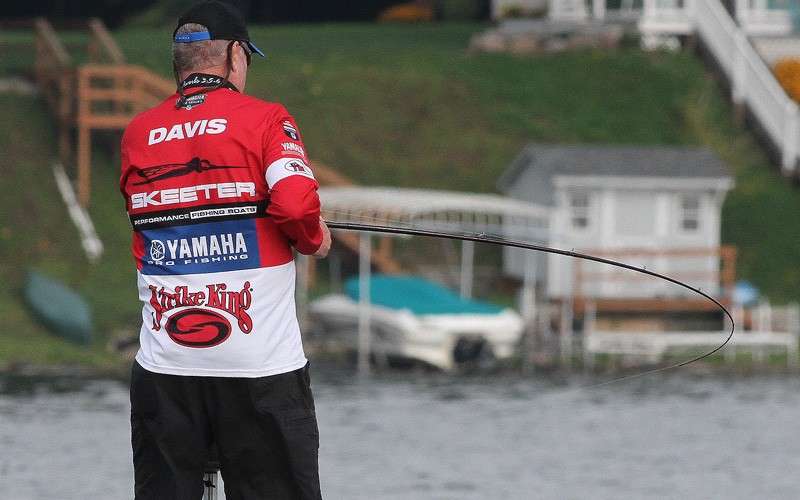
It weighed 12 pounds, 3 ounces, and I caught it in Lake Ouachita in 2001. For a number of years in the mid to late ’90s, until the largemouth bass virus hit, I’d catch a couple of double-digit bass in Lake Ouachita. Actually, I caught that one in a little tournament. We only won by about a pound, so that big bass kind of decided it for us.
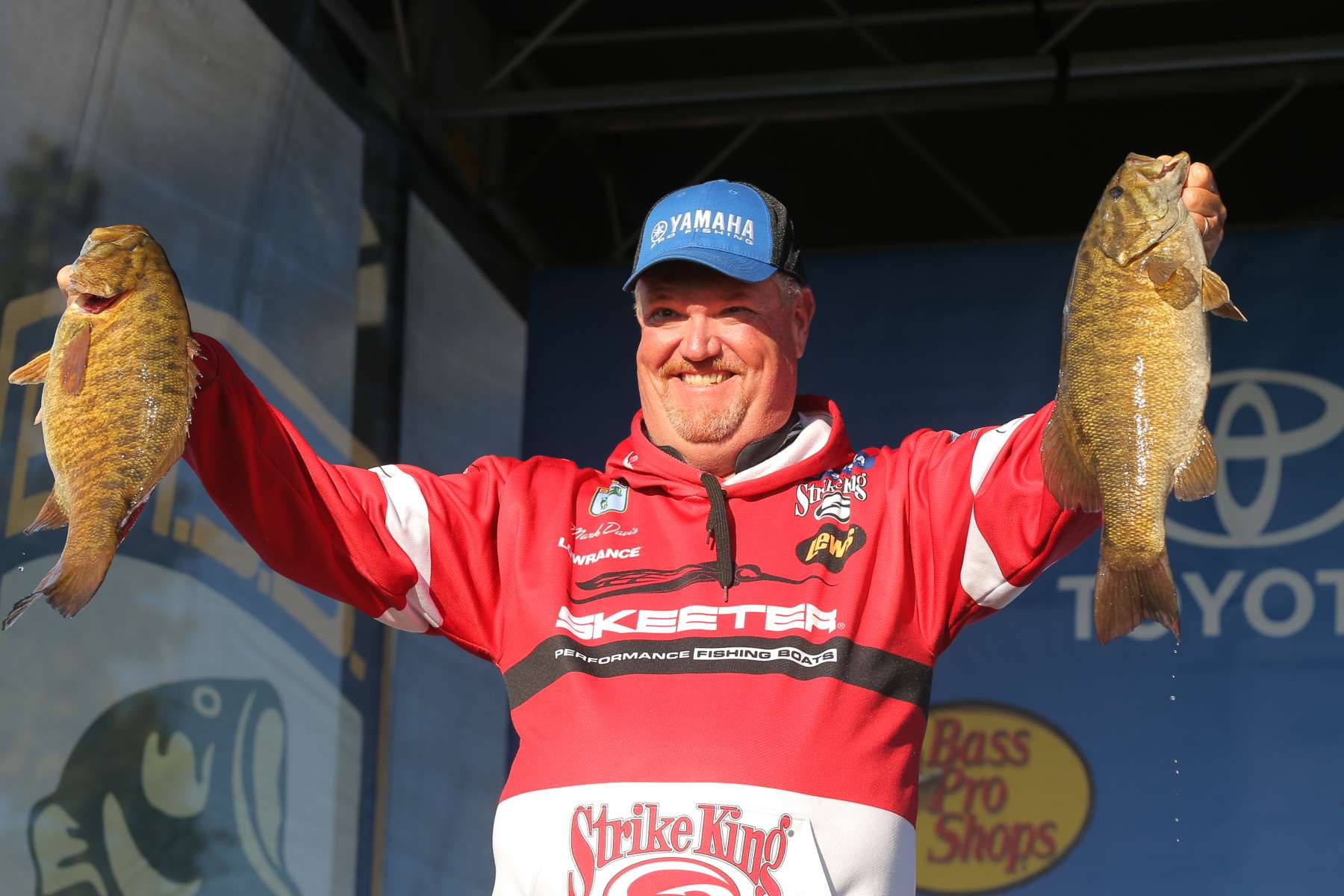
That’s a tough question because I’ve got a lot of them. The answer tends to change with time. Currently, it would have to be one of the smallmouth bass lakes up north, and there are a number of them. If I had to name one, it would probably be that Sturgeon Bay area (of Lake Michigan). It’s a treat to catch those smallmouth, especially when they’re in that 4- to 6- or 7-pound range.
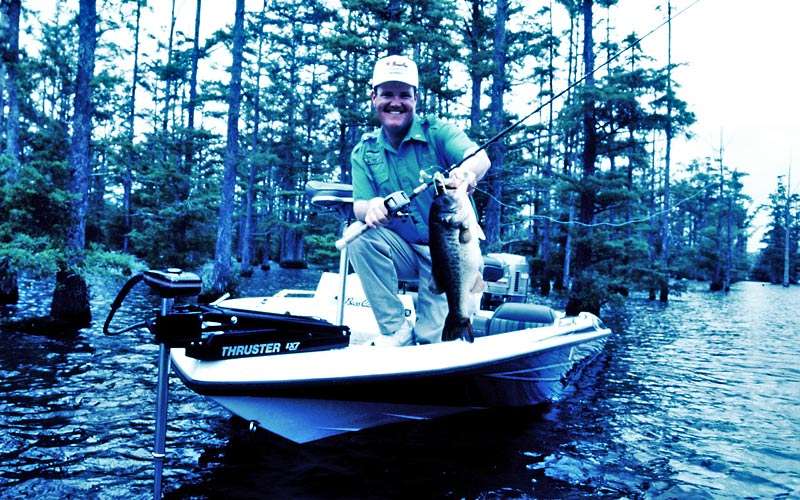
It’s hard to nail it down to one person. The real answer to that is probably the Ozark Bass Club. When I was 16 years old, I was a big ol’ kid who had a boat. I looked older than 16, and you were supposed to be older than that to join. There were a number of good fishermen in that club who were in their 40s and 50s. That’s where I learned to fish deep structure, and that really hooked me on that style of fishing, where you could find schools of 60, 70, 80 bass. Joining that club and fishing with those older guys probably helped me more than anything I could have done as a kid.
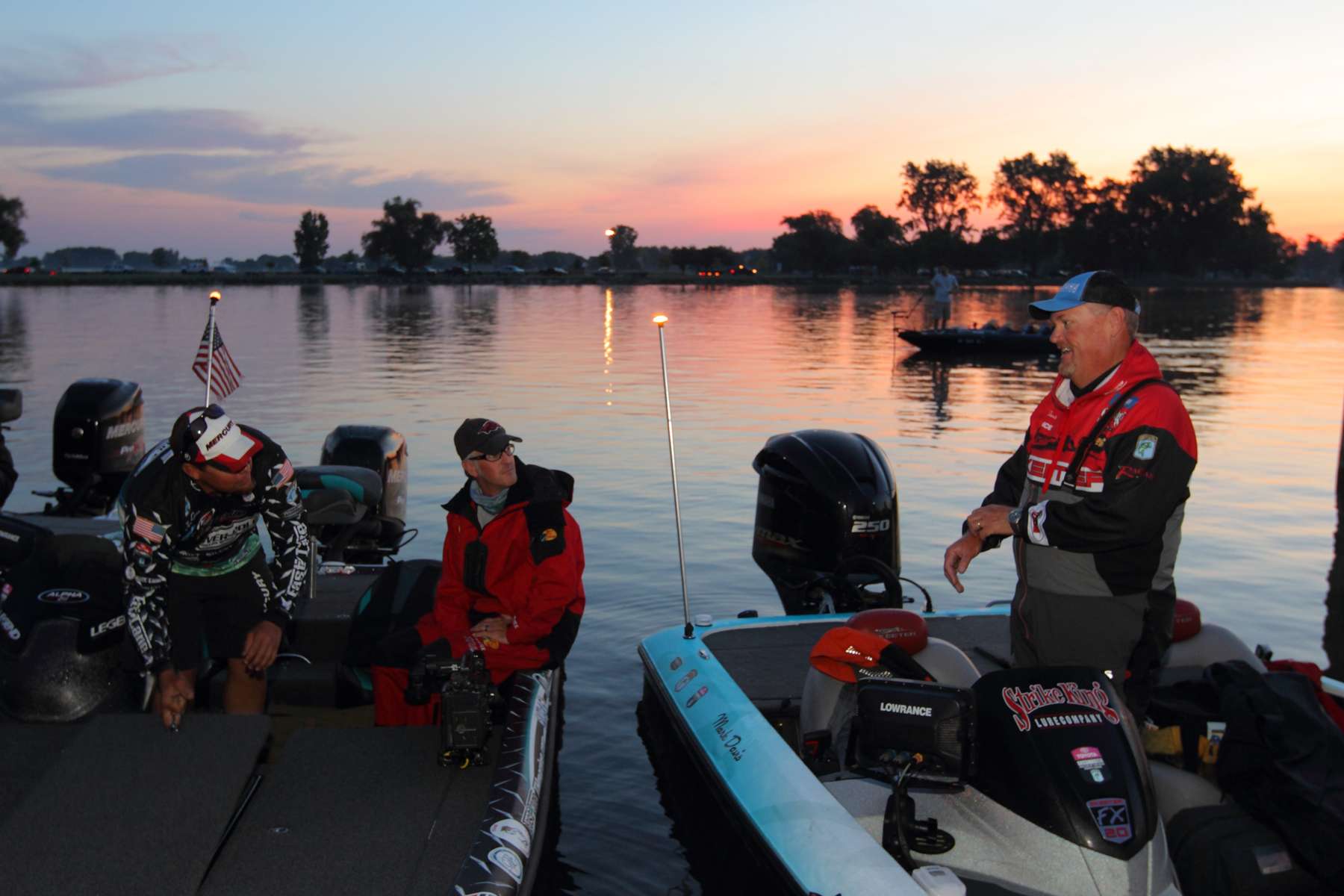
That’s tough. I’ve received so much of it that was good, and a good bit that was bad. When I started fishing B.A.S.S., every tournament was a draw (your partner) event. Bobby Murray always said it was so important to get along with that guy and part company as friends. You want to earn those guys’ respect. Establishing your name and your reputation doesn’t happen overnight. It’s a process. That’s probably the best advice I ever received, although (the tournament format) is different now.
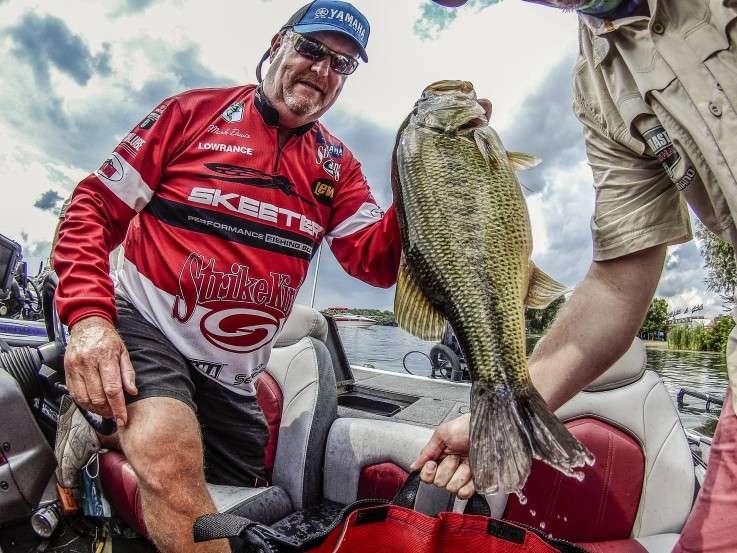
Versatility. It’s my strength, but it can be a double-edged sword when you’ve got confidence in so many techniques. The process of elimination can bite you in the rear end sometimes. But more times than not, versatility is an advantage, when you can catch them in one foot of water one day and 35 feet deep the next.
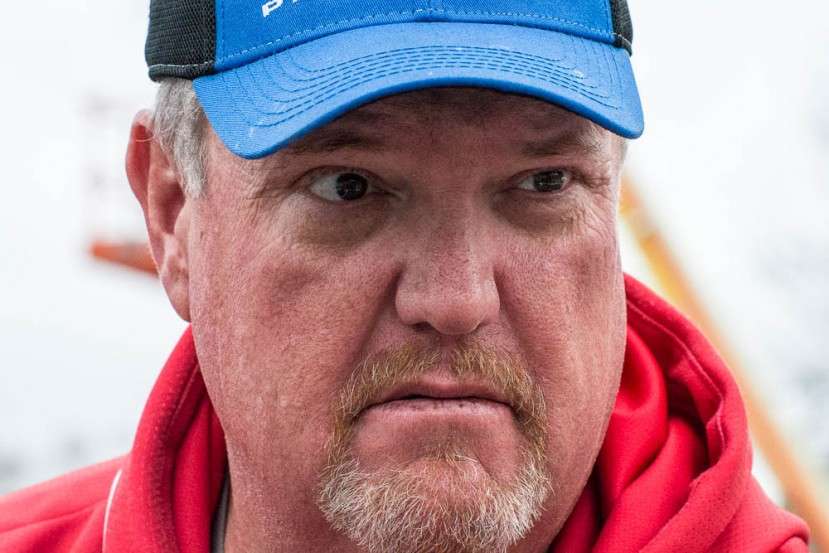
I’m always preaching about identifying your weaknesses and working on them. My biggest weakness has always been frog fishing. Years ago the frogs they made were terrible. Now they’re pretty good. But still today that type of slop-fishing remains my biggest weakness.
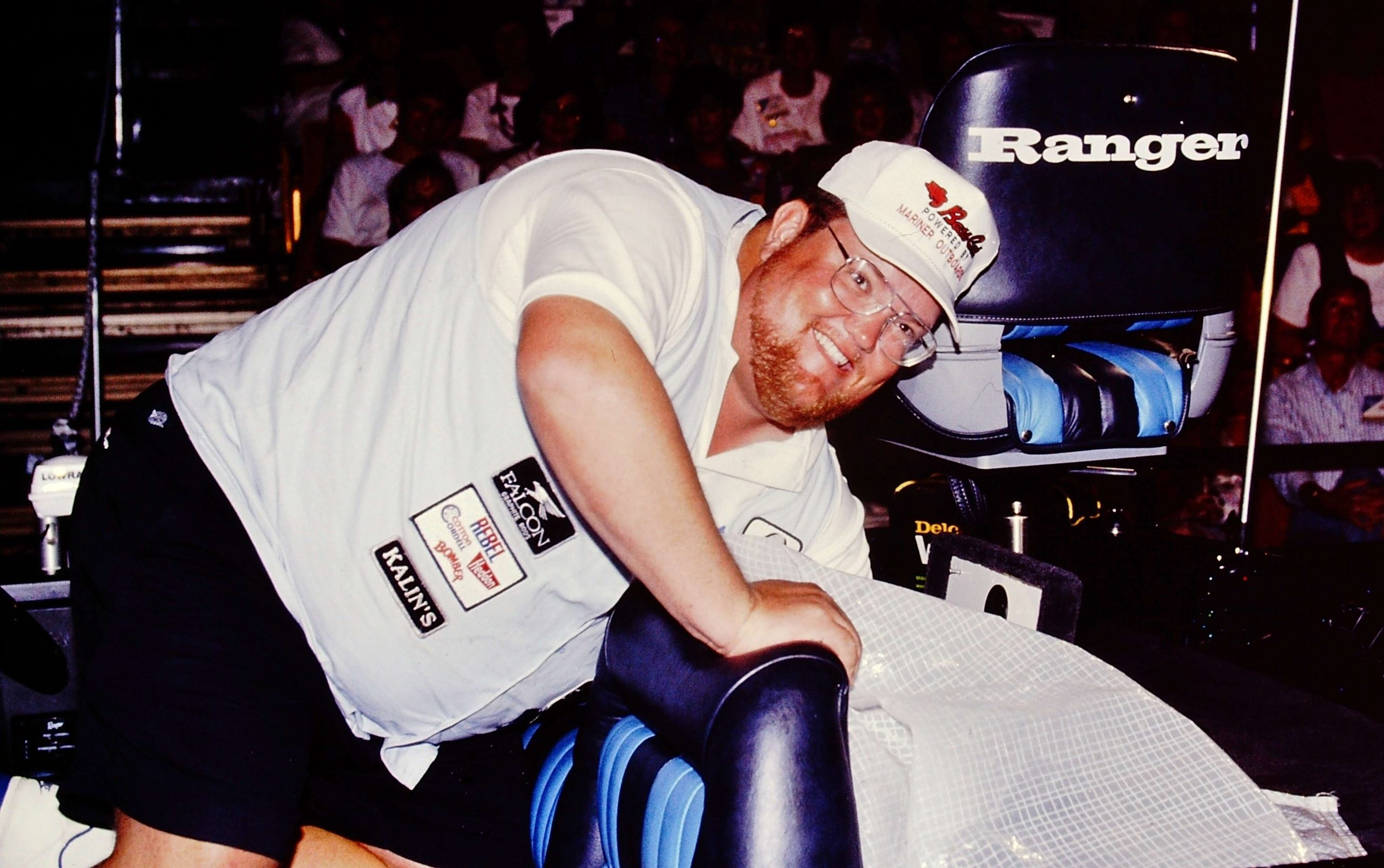
The business side of fishing. I’d probably be more aggressive about obtaining sponsors. I’ve never been a guy who beats on doors looking for sponsors. I always let that come to me. Looking back over 30 years, I could have made a lot more money if I’d been more aggressive on the business side.
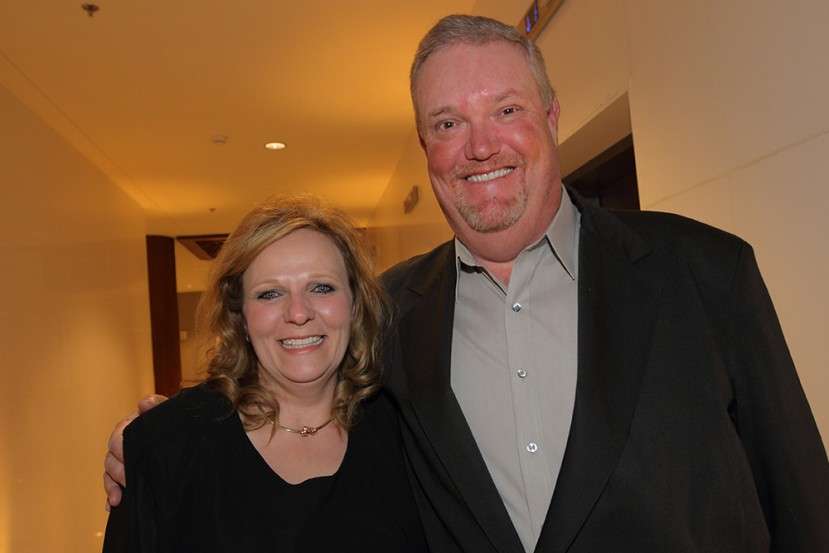
First and foremost, we’re creating opportunities for kids to fish. When I was growing up, you were almost on the outside, looking in. Those opportunities weren’t there even 15 years ago, much less 30 years ago when I started. And what we’re doing now involves not just the kids, but moms and dads, aunts and uncles, grandmas and grandpas. It’s good for the sport. My wife (Tilley, shown above) and I put on a little tournament four or five times a year. A month ago, in weather you and I wouldn’t have gone fishing in, when it was 40 degrees and raining, we had 28 boats with kids and their boat captains.
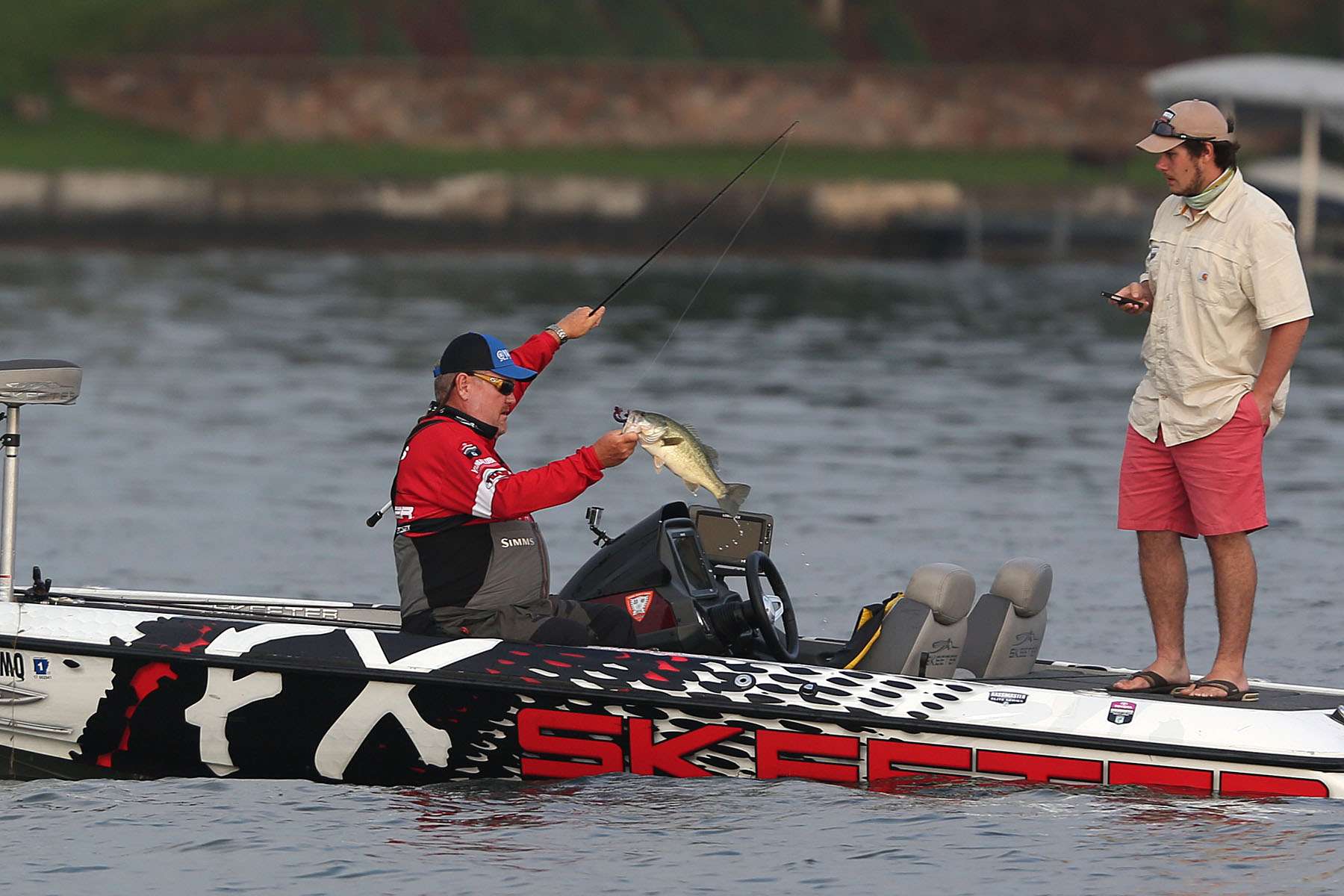
It’s not necessarily something that’s wrong, it’s just the times we’re living in. But technology has hurt me. There was a time when you had to be really good to catch fish offshore. Now you just go buy the equipment, and there it is. It has got to the point now where you’ve got to find something that’s not on the map. But there’s no going back. Like I said, it’s the times we’re living in.
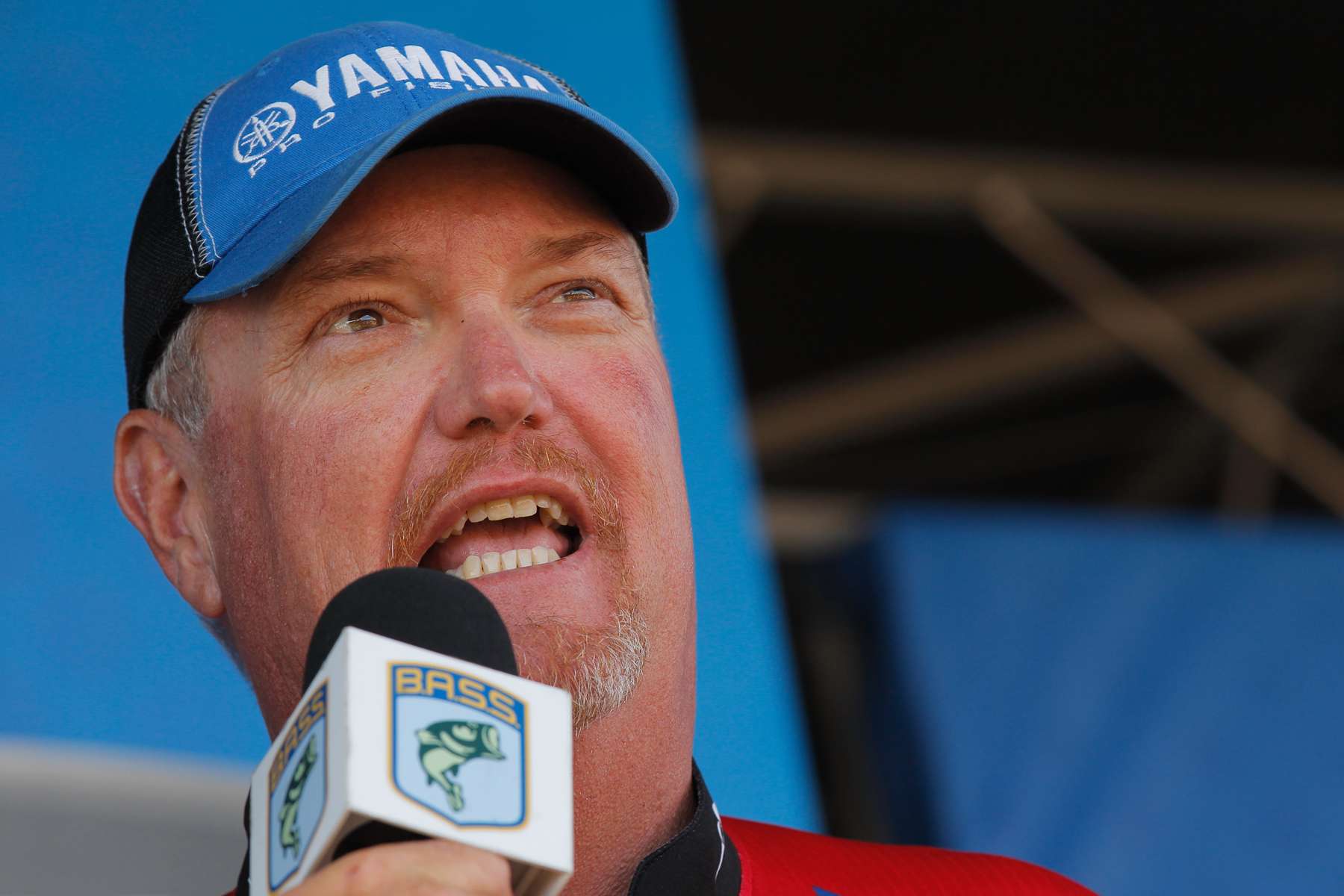
When I do a seminar, it’s not about a technique or a lure color or this or that. The question I get asked most is about how you find fish on an unfamiliar body of water. It’s kind of hard to answer because every lake is different. But I always emphasize three things: 1. Structure, and I’m not talking about a tree or rocks, I’m talking about bottom contour changes; 2. Cover on that structure, like trees or rocks; and 3. A food source, like shad or crawfish or whatever. When you find those three, the fish will be there.
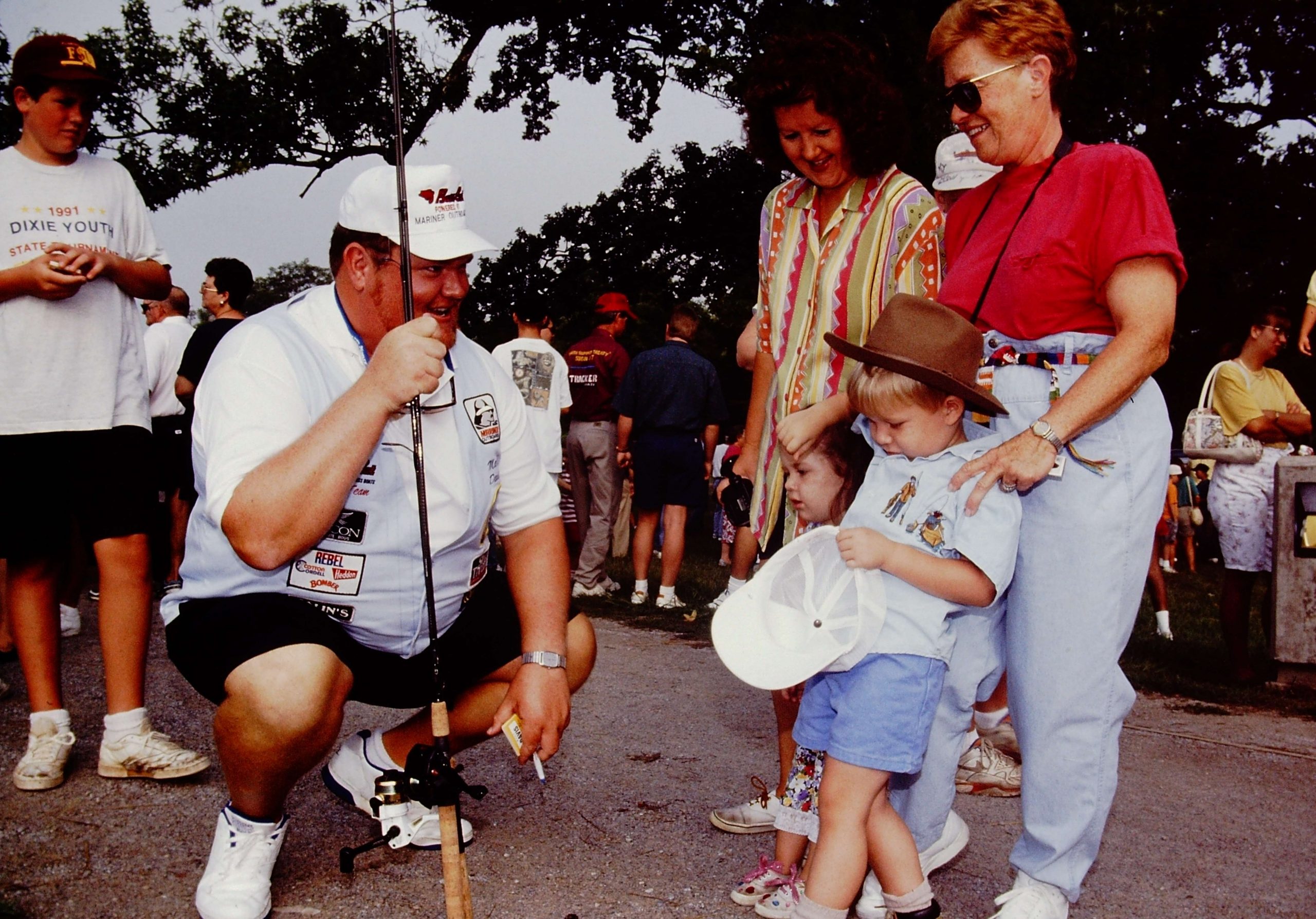
They don’t cover enough water. Put a lure on and start covering water. Once you find fish, then start experimenting with different colors and different lures. You might catch one fish on a crankbait, then make the same cast again and again without catching another one. But it might be a place where if you change and put a big worm on, you’ll catch one after another. That’s when you start playing with stuff. But you have to cover water first.
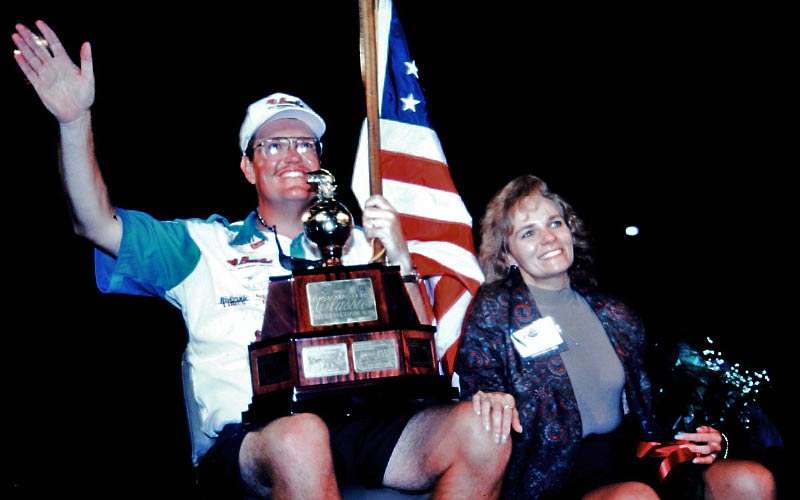
I’ve got a two-part answer to that. Monetarily, I’m 51 years old and certainly I’ve got way more fishing days behind me than I do ahead of me. In terms of the big picture and retiring one day, I’d have to say a Classic championship. But it would mean more to me personally to win AOY.
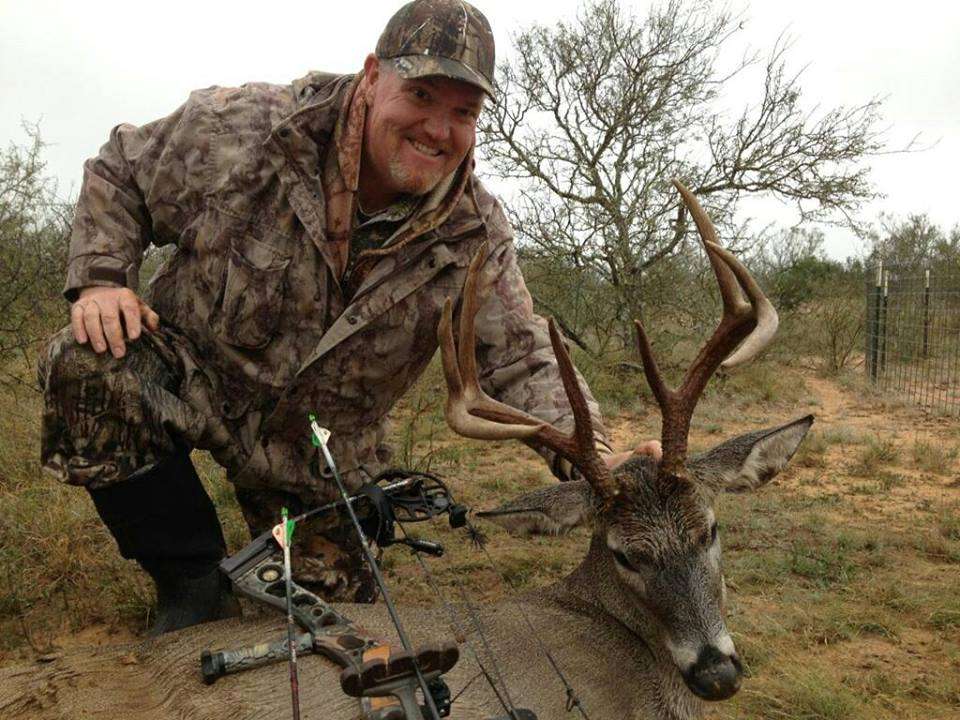
I love to camp with my family. We just got back from five days on Lake Ouachita. This time of year, I’m fishing â for bass, bream, crappie, walleye, whatever. In the fall and winter, I’m definitely deer hunting. I spend 60 to 70 days a year in south Texas on a lease I have. If it wasn’t for having to get ready for the Classic, I’d probably spend another 15 to 20 days a year down there.
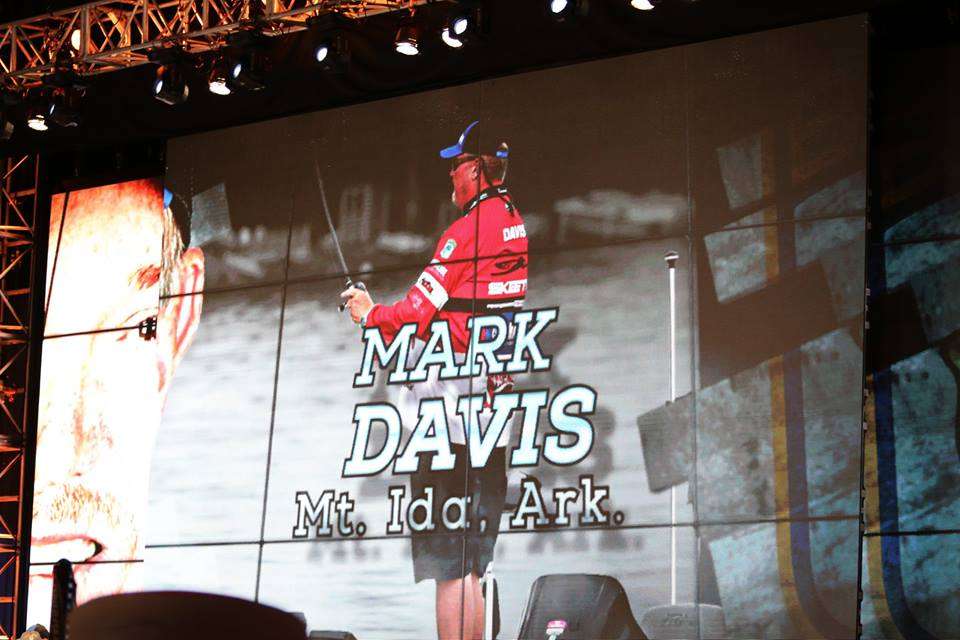
Tilley homeschools the boys, so we can come-and-go as we please. I get to spend a lot of time with them hunting and fishing and camping. They love it as much as I do.
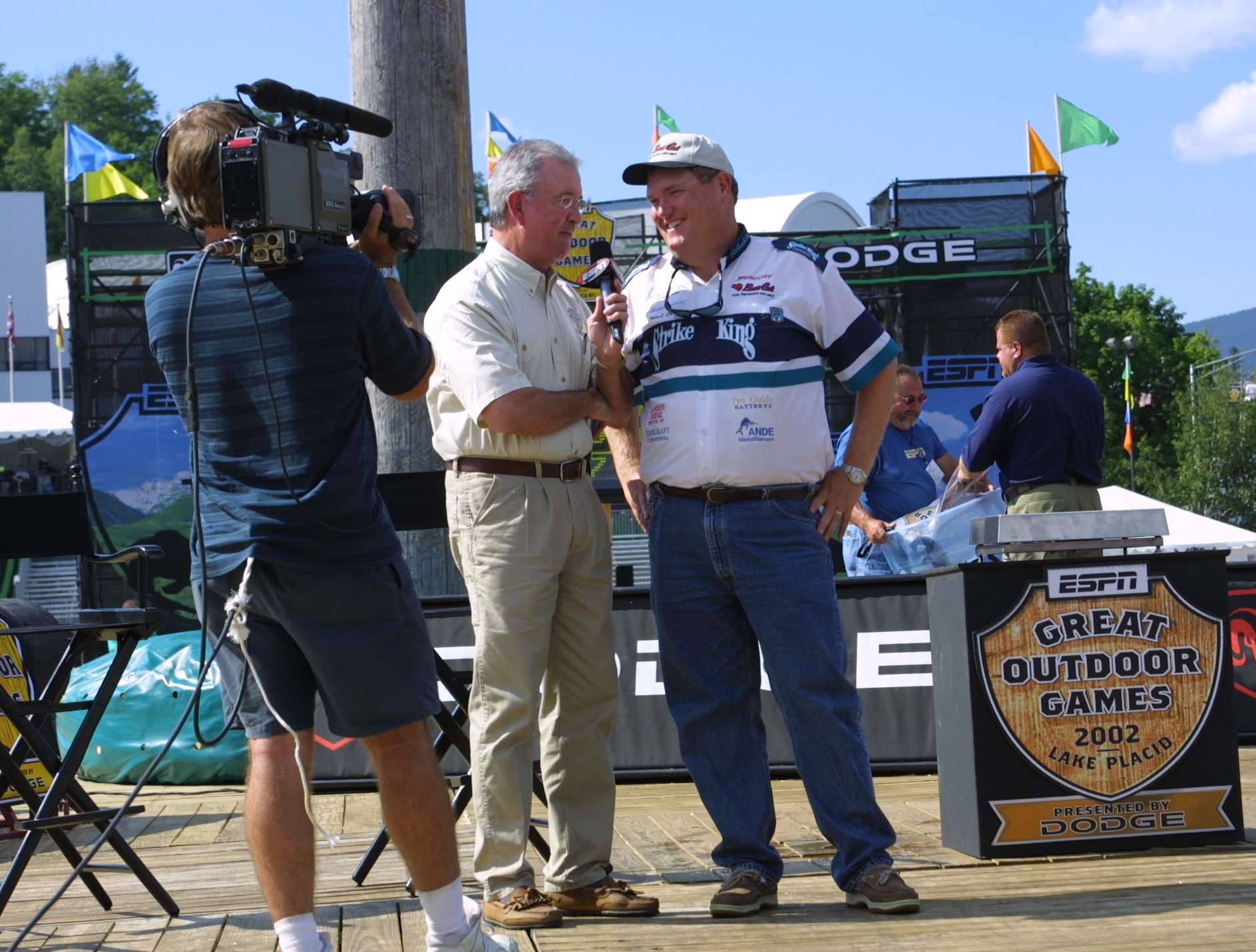
When I was growing up, I always wanted to be in the music business. There was a time when I could play about seven different instruments â guitar, banjo, harmonica, accordion, piano â all the keyboards. When I was a kid, that was pretty important to me. I never learned to read music, it was all by ear. But I never pick up (a musical instrument) anymore. (Davis laughs). And you think a lot of people try to make it bass fishing? Think about the music business. I believe I made the right choice.
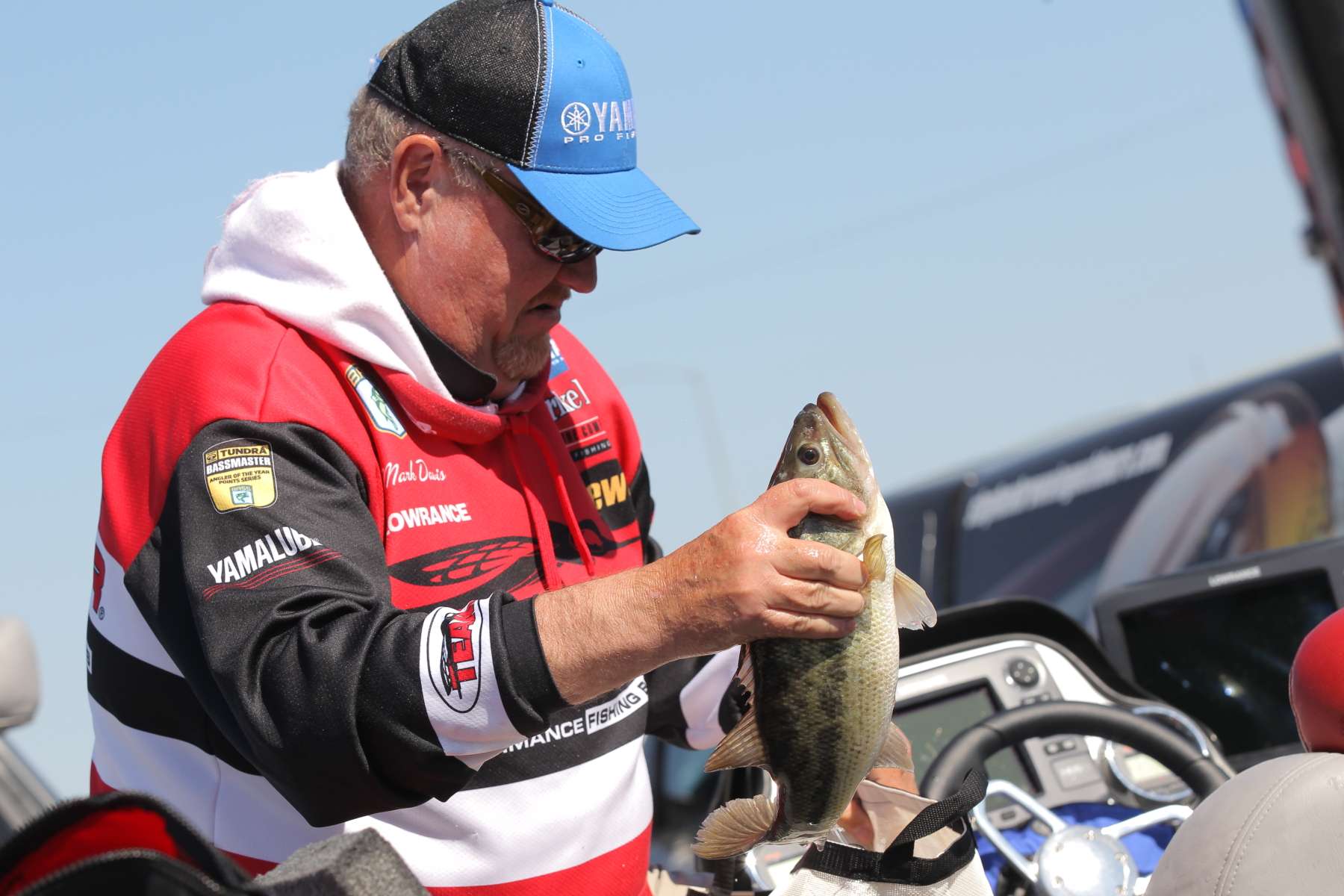
It’s about 90 percent. That may be a little too generous, but it’s a lot better than it was. I’ve had several surgeries, but this one is by far the toughest to recover from. I had labrum surgery on my right shoulder, and it wasn’t nearly this bad. I had surgery to fuse three vertebrae in my neck three years ago, and it was a piece of cake compared to rotator cuff surgery.
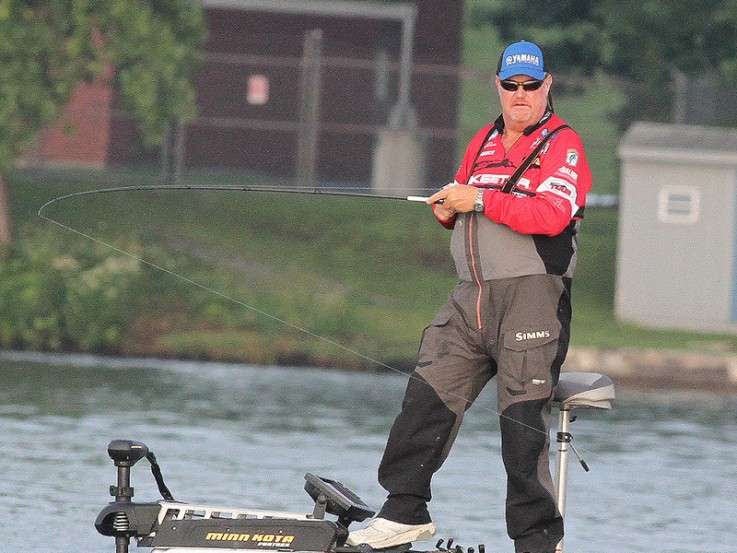
I think it probably cost me a chance at it. My shoulder was hurting so bad, and I let it affect me in a real negative way. For example, instead of cranking the entire length of a ledge, I would just hit the high spots. You know you’re not right. I had a couple of tournaments where I was just completely off my game.
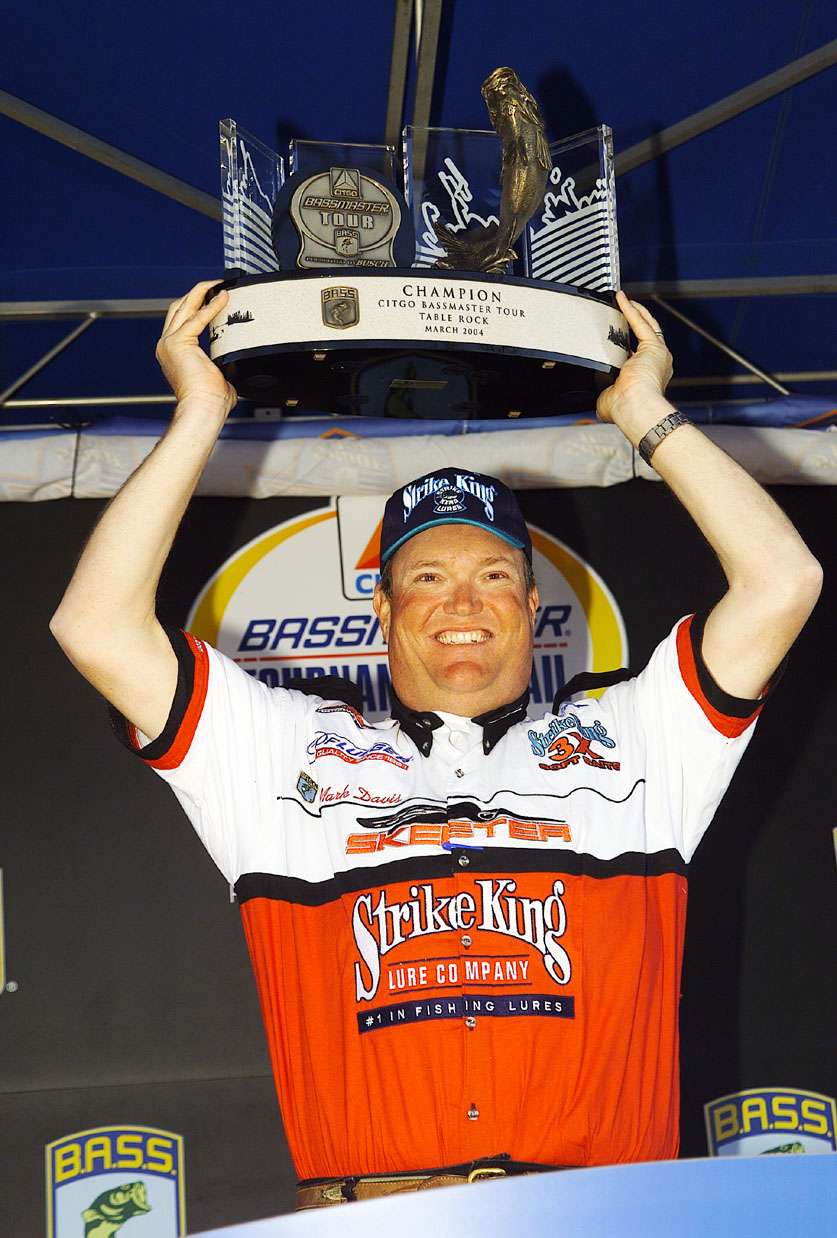
The biggest thing I’ve seen is the level of competition. It has always been great, but what we have now is the most stellar group of guys that has ever been assembled. Bobby Murray used to say that if there were 150 guys, there were only about 50 or 60 you needed to worry about. There were 100 that could catch ’em only every once in awhile. It’s totally different now. When anybody in the field can win, it’s tough.
